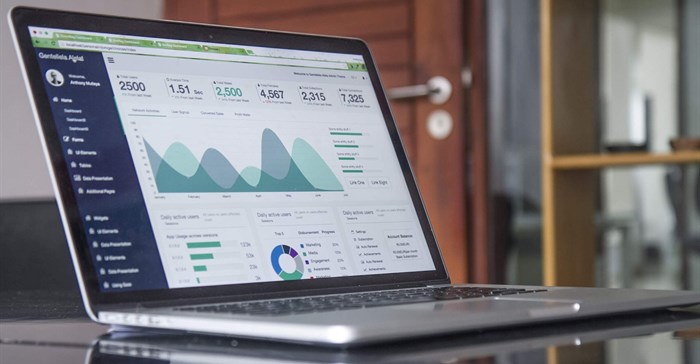
Top stories



HR & ManagementNational minimum wage 2026: What workers (and employers) need to know
Danelle Plaatjies and Ludwig Frahm-Arp 10 hours



More news





















Ashleigh Wainstein, co-founder and director of local martech (marketing technology) company Social Places, says that increasingly, in the martech space, data-driven location-based marketing is becoming an important focus for businesses that want to consolidate and manage their activities and extract useful data from online platforms.
“There is a strong and growing need for companies to better manage their social listings and reviews. Research from Nectafy shows 88% of consumer searches for local businesses on mobile devices result in either a call or a visit to the business within 24 hours,” says Wainstein.
“Regional stores want to create their local content that speaks to their community and they want to advertise their unique specials at their times on social media. Consumers see this content as more authentic and valuable. At the same time brands still need control of their intellectual property and overall brand identity,” adds Wainstein.
“Companies are also able to make intelligent business decisions based on this data. They can tell exactly how many people have navigated to their stores, how many have clicked to call and how many people have seen their social media pages,” she says.
“If, for instance, there have been complaints about waiting times in a store or restaurant, operations personnel can go to these stores and address the issues within the business. Similarly, if customers compliment a special offer or certain product, marketing can use this data to promote similar offers which they know will be well received,” she adds.